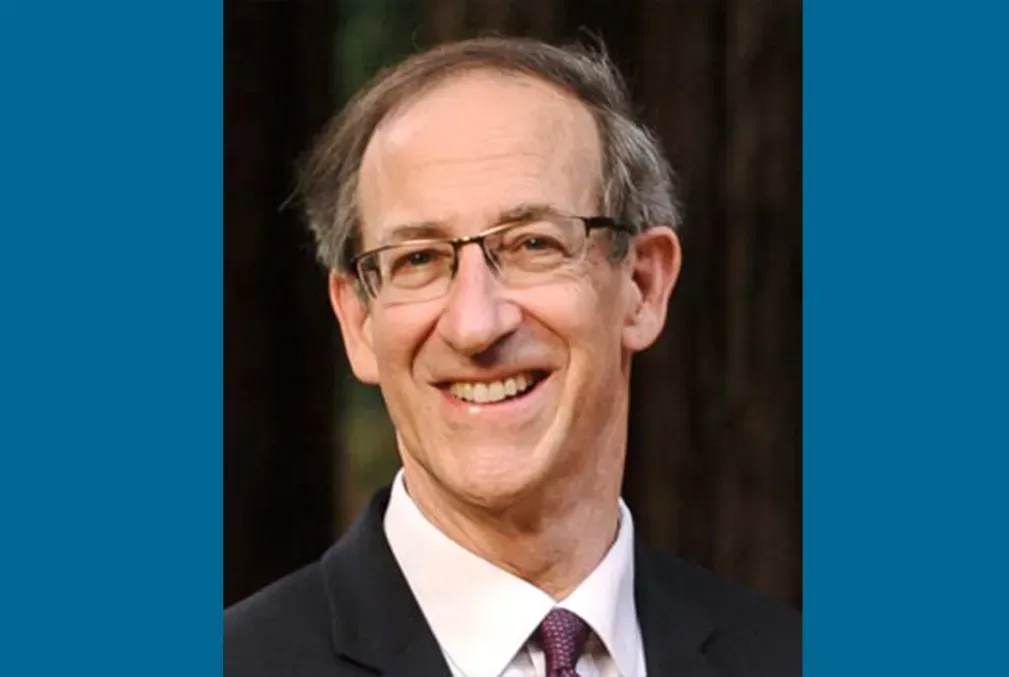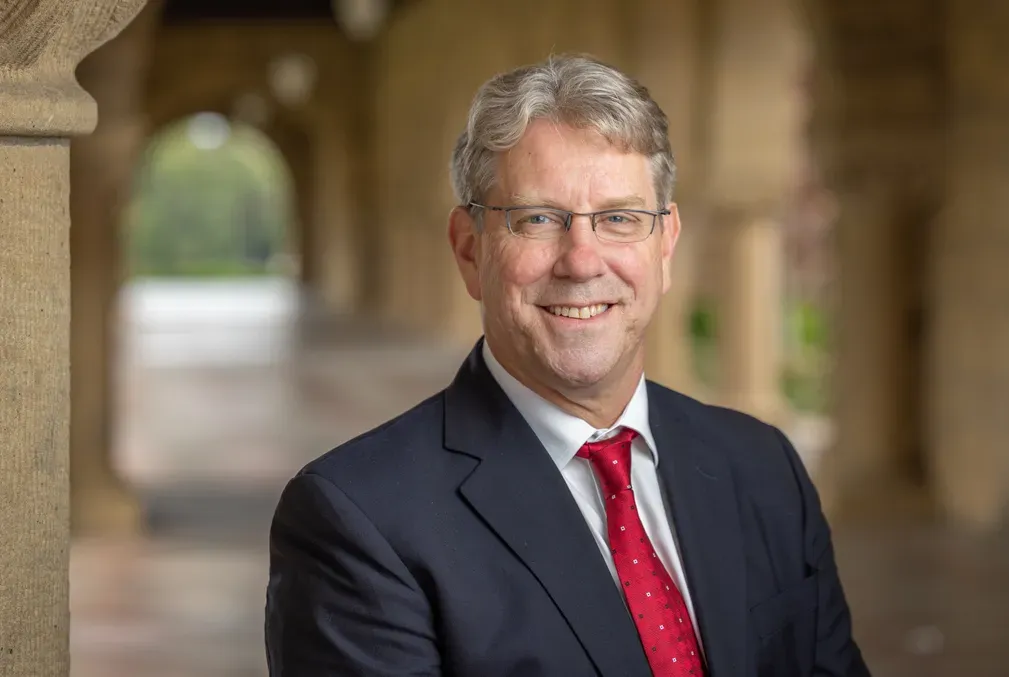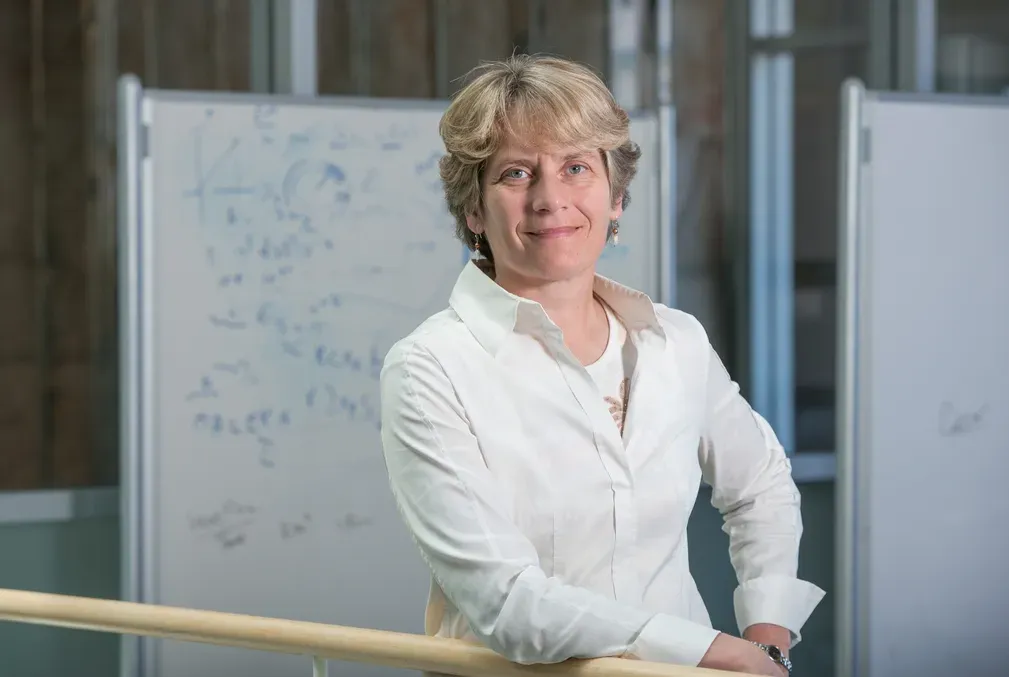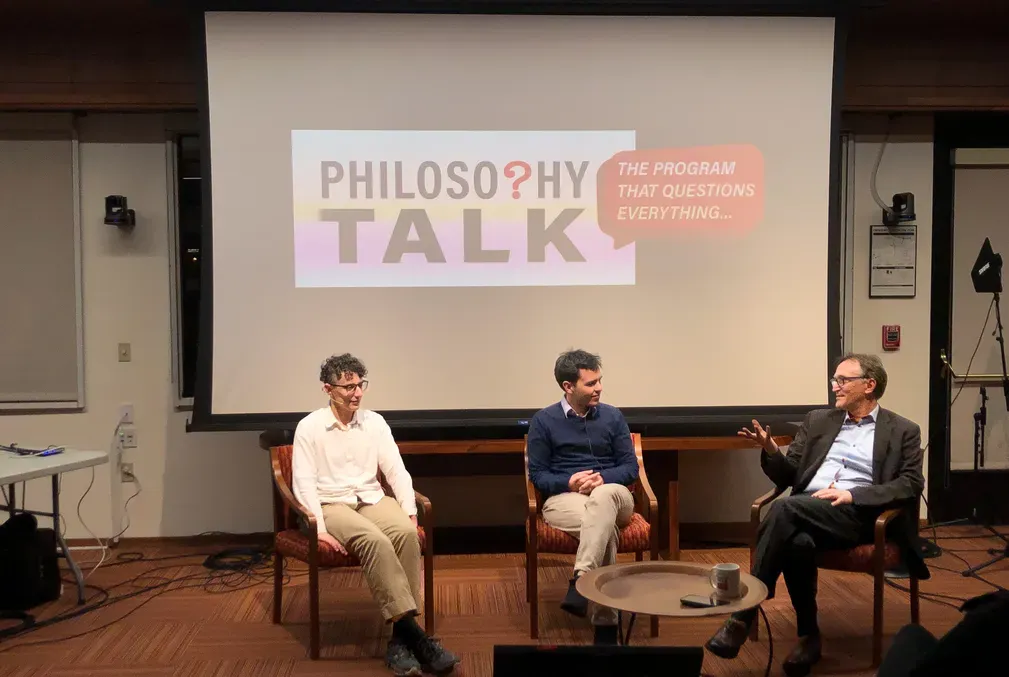Debunking the evidence for election fraud cases
Political science professor Justin Grimmer’s research offers a detailed look at election fraud claims, their purveyors, and the election skeptics who believe them. He finds some reason for hope.
Justin Grimmer, the Morris M. Doyle Centennial Professor of Public Policy and professor of political science in the Stanford School of Humanities and Sciences, is taking on one of the most divisive political claims in recent memory: that U.S. elections are fraudulent.
According to Grimmer’s research, a quarter of voters believe U.S. elections are inaccurate. These skeptics tend to be Republican, older, and White. They are similarly educated as the overall population but with higher-than-average income. But only a tiny fraction of doubters would go so far as to say that elections are faked. Most pointed to delays in ballot counts and results they don’t like as their grounds for concern.
Grimmer’s research has systematically debunked the major theories of voter fraud, including the widely circulated theories blaming Dominion voting machines and absentee ballots. Here, Grimmer, a co-director of the Democracy and Polarization Lab, discusses the basis for claims that U.S. elections are inaccurate, the findings of his research, and the reasons why he believes skeptics may still be persuadable.
This Q&A has been edited for clarity and length.
Question: What are some key takeaways from your research on election fraud and voter confidence in the United States?
Grimmer: One broad set of findings is that these claims are based on shockingly flimsy evidence. In a working paper, we reviewed the most prominent statistical claims from Trump’s post-2020-election operation to challenge the results. Not only were these claims dismissed in court, but also the supposed statistical evidence was often nonsensical—based on basic misconceptions about voter file data. Often, the conclusions revealed fundamental misunderstandings about basic research procedures. In another paper, published in the Proceedings of the Natural Sciences, we show that for many election fraud claims—even if the empirical claim is true—it’s not evidence of fraud.
A second broad set of findings is that there is a very small, but very involved, group of election skeptics advocating for dramatic reforms to U.S. elections. In surveys of more than 5,000 people we conducted before and after the 2022 midterm elections, we asked respondents why they are skeptical about elections, and they usually indicated that long counting times or the other party winning fuels their suspicions.
But we have also identified a political movement whose members believe that all elections—for all offices, in every locality—are being manipulated. The claims we evaluated in a recent paper published in the Election Law Journal come from fringe skeptics who make the shockingly broad claim that every race from president to school board is subject to the influence of shadowy and unnamed groups who determine the winner. Luckily, these claims have not gained much traction with the broader public, but local activists have seized on them and deluged local election offices with requests for data, slowing down these offices’ work.
Question: Do you think laws such as the one in Shasta County requiring hand-counting reassure voters or sow more doubt?
Grimmer: I doubt that hand-counting would do anything to assure voters about the validity of elections. In a close election with hand-counting, a skeptical candidate could point to errors in the hand-counting process as a source of their defeat.
Question: What do you make of recent claims that noncitizens can vote?
Grimmer: Even when states have suggested that they have found noncitizens on their voter rolls, it usually is only a small number of noncitizens who are accidentally placed on the rolls. We certainly do not have evidence of a broad conspiracy to enroll noncitizens to benefit one party. My biggest concern is that these theories of fraud could influence the county officials across the country who are in charge of canvassing and certifying election results. “Data vigilantes”—amateur citizens scouring a spreadsheet—might create extra work for election officials and incorrectly target particular voters.
Question: Who has benefited from claims of electoral fraud and how?
Grimmer: The biggest beneficiaries of these claims are the election skeptics who spread them. There is a small industry of election skeptic speakers who tour the country, claiming to have evidence of stolen elections. While there does seem to be some financial benefit, the primary benefit seems to be the notoriety that comes with being a leader in the movement. Spreading claims about the 2020 election gives the skeptics the chance to have an adoring audience and travel the country spreading their claims. Many of the most prominent skeptics were not famous before the 2020 election: one well-known skeptic was a swing set installer; another was a high school math teacher.
Question: According to your research, some purveyors of election fraud theories don’t stop making claims after they’ve been credibly disproven with research and/or rejected in courts. What makes voters in the U.S. receptive to these claims, and how can we effectively combat the doubt they sow?
Grimmer: Even after clear corrections, many of those who have had their claims disproved will continue making them—this is a frustrating aspect of the work we’ve been doing. But our refutations have still been valuable for court cases, for legislators, and for election administrators to help inform concerned citizens. The best way we can combat claims of election fraud is to proactively inform the public about how elections are secured in the United States and to enlist the help of electoral candidates.
Question: Could public policy changes help reduce election skepticism?
Grimmer: It is notoriously difficult to influence skepticism with simple public policy changes. In a 2023 paper published in the Journal of Legal Analysis, we showed that the vast majority of election policies can’t possibly change even the closest elections. But based on the experience of the 2020 election and our own research, having more ballots counted earlier seems to go a long way toward reducing election skepticism.
Question: In your view, the reasons cited for election doubts suggest that skepticism isn’t (yet) “deep-seated.” What are some things citizens could do to make democracy stronger?
Grimmer: Perhaps the best thing each citizen could do is to become more educated about how U.S. elections are run, and the best way to do that is to volunteer for an upcoming election as an election worker.
Grimmer is also a senior fellow at the Hoover Institution.
Media Contact
Marijane Leonard, School of Humanities and Sciences: marijane [dot] leonard [at] stanford [dot] edu (marijane[dot]leonard[at]stanford[dot]edu)




